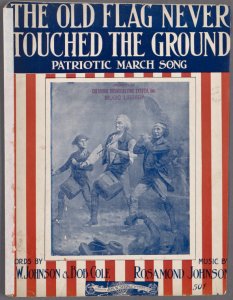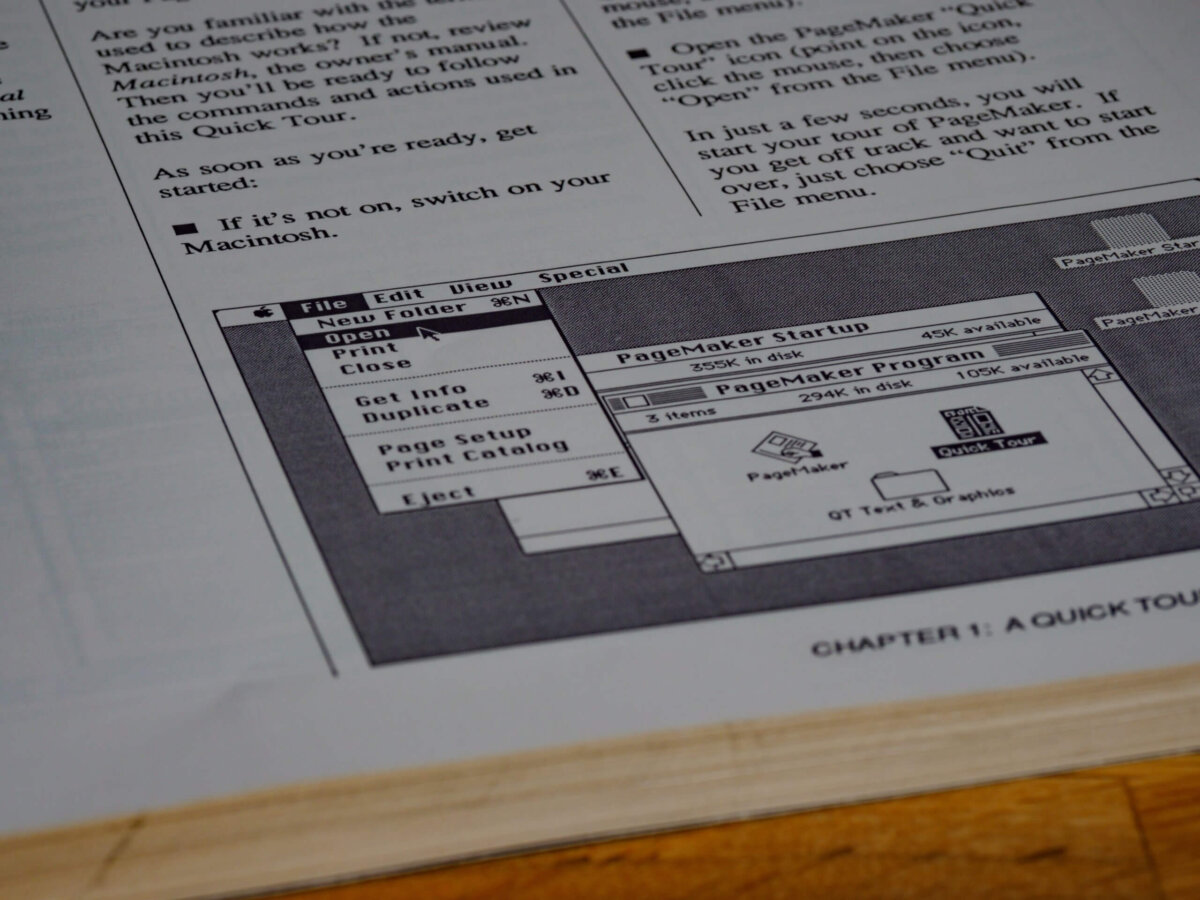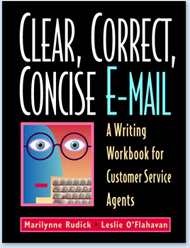On September 11, 2001, I was teaching a Writing for the Web course for staff in the Arlington County, VA government. Among the class members were six fire department employees. Just after 9:30, when I was discussing the course objectives and reviewing the agenda, the fire department attendees’ pagers went off. The six of them stood in unison and began heading out the door. Before he left, one man came up to me where I was standing at the podium and whispered “We have to go now and you’ll know why soon.” In minutes, we all knew why they had left and, of course, the class was canceled.
Looking back on that day of destruction, I have always been grateful that I had been doing something constructive: working with people who wanted to learn to communicate more clearly. And I was grateful that Arlington County rescheduled the writing class I was teaching on September 11, 2001. About 10 weeks later, we held the class, and some of the fire department employees attended. Our nation and local community were struggling with concerns about safety and overwhelming grief, and we 25 people in a writing class were learning how to make ourselves understood. To me, this was a hopeful thing to do.
So, in light of this connection between communication and the legacy of 9/11, I’d like to share the two 9/11-related e-mails I received today:
- One is from American University (AU), where my daughter goes to school. Read the complete AU e-mail here.
-
One is from the Montgomery County, Maryland government. (I live in Montgomery County.) Read the complete county government e-mail here.
.
American University’s e-mail is 9/11 communication done right:
- The e-mail is signed by Neil Kerwin, AU president. Seeing the president’s name on the e-mail assures me that I am reading well-vetted information.
- The subject line, “Security and AU Emergency Preparedness,” is well-crafted. It uses problem-solving words – security, preparedness – instead of alarming words – threat, terrorism.
- It’s loaded with personal pronouns – our students, we will notify, I encourage you. These pronouns support the connection between writer and readers; they build trust.
-
It provides practical suggestions about what to do – familiarize yourself with the AU Emergency Preparedness Web site and honor the day with AU events of remembrance. I am glad that one of the practical suggestions is a positive one.
.
Montgomery County, MD’s e-mail is 9/11 communication done wrong:
- The subject line is “Alert Montgomery,” which is the same subject line the county uses for all alert-related communications: tornado warnings, earthquakes, crime alerts, and water main breaks. So when I receive an “Alert Montgomery” e-mail, I have no idea whether I should go to the basement and cover myself with a mattress or watch the county’s “7 Signs of Terrorism” video.
- It calls readers residents, not you. Now, you may think I am nitpicking here, but surely Alert Montgomery knows this e-mail will be read by county business owners, too? So using the word residents instead of you makes the e-mail inaccurate as well as impersonal.
- It describes the efforts of the bureaucracy instead of answering the questions of the residents. We learn that the county police have joined federal and local partners in the “See Something Say Something” campaign, which is a “simple and effective” program. These are bureaucrats’ concerns, not ours.
- It uses terms most residents will find unfamiliar. Can you imagine a county resident placing this call? “Hello, Montgomery County Police. I would like to report one instance of Elicitation and one of Deploying Assets.”
-
It does little to help me know what to do in light of potential attack. (Ugh, I am getting so tangled up in the county’s wording! What is a potential attack, anyway?!) The e-mail is 444 words long. Thirty words before the end, the county encourages me to contact the police if I observe a suspicious situation.
.
How will I commemorate the tenth anniversary of September 11, 2001? By thinking of the people I was with on that date and the reason we were together. By calling my friend and Arlington County colleague Anita, whom I’ve spoken to on every September 11th since 2001. By continuing to work to build understanding between writers and readers, speakers and listeners.
Tags: E-mail, Plain language







“By continuing to work to build understanding between writers and readers, speakers and listeners.” That’s what writing (and translation too) is all about, isn’t it? But some writers just don’t get it.
Thanks, Leslie, for a thoughtful and moving post.
Thanks so much for your comment, Marian.
Hi Leslie, this is an interesting comparison of how language is used to either calm or scare people. I find it very interesting (and suspicious) that the words that elicit fear in people are not just what the Montgomery County government used in their letter but that it also just happens to be the type of words used by certain news media outlets. The way things are written and the choice of words *definitely* has an impact on how we interpret the message, and I have to wonder if this was merely accidental or if it was written that way on purpose?